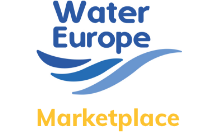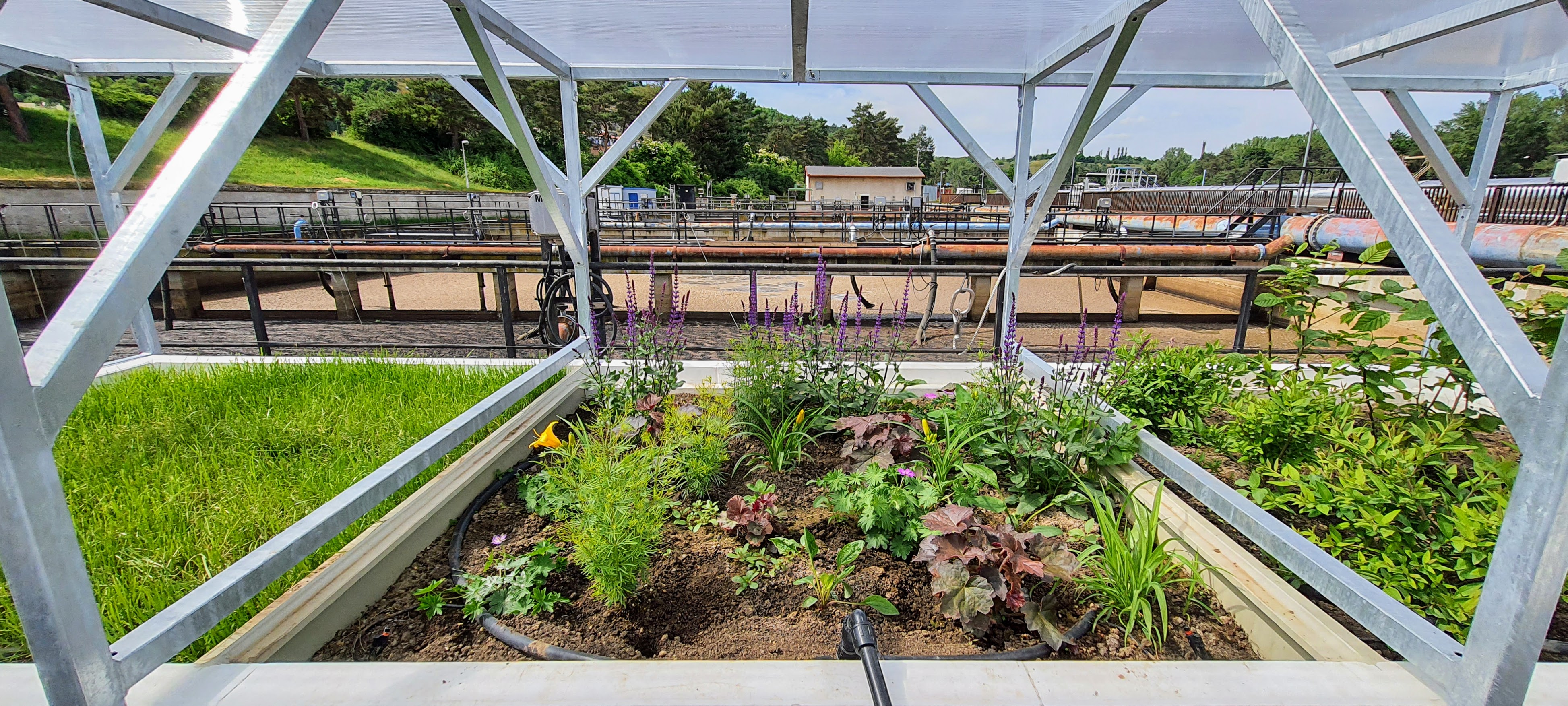Description
The activity will demonstrate the feasibility of reusing wastewater in an urban setting after polishing treatment. This will include UV disinfection to be evaluated according to the bacterial quality parameters defined in the proposal of EU regulation for wastewater reuse from May 2018.
Polished wastewater will be used for irrigation of pilot scale grey-green solutions for urban development. Demonstrating the reliability of wastewater reuse for such systems will enable this as an essential element in sustainable urban water management and lead to impacts on the national/international legislation.
Applied technology
Synergistic benefits
To transition to a water-smart society, innovative solutions, including digital technologies and hybrid infrastructure, are essential. Water Europe suggests that employing circular economy principles will enhance the economy, while the "Multiple waters" concept will optimize freshwater use by managing varied sources. Our project embodies this ethos, presenting a harmonious integration of the circular economy within multi-stakeholder engagements. We've innovatively introduced an additional cycle to the conventional urban water flow by harnessing the WWTP effluent prior to its river discharge. This isn't merely about repurposing water; it's a holistic approach that respects societal and environmental feedback loops. By recuperating added water resources from the WWTP, we bridge the gap, ensuring that freshwater demand is met where most crucial.
Outcome of assessments
Aside from utilizing GRC (Governance, risk management and compliance) principles in the planning of future pilot tests, the effectiveness of the tested technology will be gauged using straightforward metrics, e.g. the percentage of water recovered from the total WWTP (Wastewater Treatment Plant) effluent or specific economic parameters.
Risks associated with this technology are thoroughly addressed using QCRA (Quantitative Chemical Risk Analysis) and QMRA (Quantitative Microbial Risk Assessment). These assessments account for various pollutants, including heavy metals, pharmaceutical traces, and biological threats. The majority of this assessment is complete, and the data is currently being processed. Preliminary results from the irrigation boxes experiment suggest that using recovered water for watering bushes, lawn grass, and flowers doesn't lead to any significant adverse effects.
Legislation and policy recommendations
- 2000/60/EC EU Water Framework Directive
Applied product

The WIDER UPTAKE roadmap guide
The WIDER UPTAKE roadmap guide, developed by the H2020 WIDER UPTAKE project, offers a comprehensive framework for imple…

